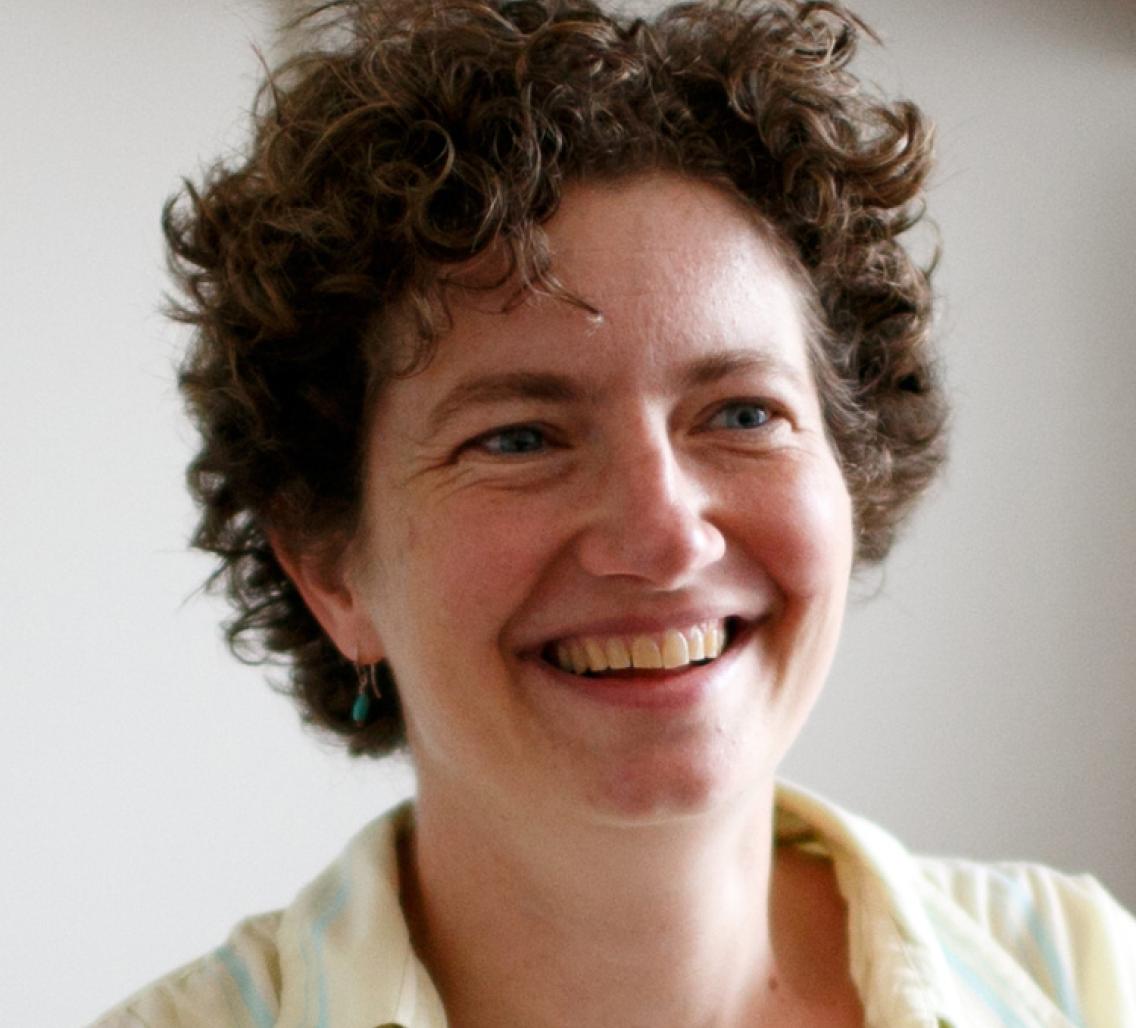Event Details:

Join us at Gunn Rotunda in the Stanford Neurosciences Building to learn about the latest cutting-edge, cross-disciplinary brain research, from biochemistry to behavior and beyond
Wu Tsai Neuro's weekly seminar series is back to being held in-person since Fall 2022. Masking is strongly encouraged for the health and safety of our community Join the speaker for coffee, cookies, and conversation after the talk
Neural networks for navigation
Abstract
Many animals can navigate toward a goal they cannot see, based on an internal representation of that goal within the brain’s spatial maps. These spatial maps are organized around networks with stable fixed-point dynamics (attractors), anchored to landmarks and compass cues, and bidirectionally connected to the motor system. I will discuss recent progress in understanding these networks, focusing on experimental work in Drosophila. One factor driving recent progress is the availability of the Drosophila connectome; at the same time, it is increasingly clear that the functional connectome of the brain’s navigation networks is actually a proper subset of the anatomical connectome. New evidence suggests that functional pathways are selected from the set of anatomical “potential” pathways, based on the interaction of Hebbian learning rules, sensory feedback, attractor dynamics, and neuromodulation. This selection process creates a dynamical feedback control system that can adapt to a changing environment, and the organism's changing needs.
Rachel Wilson
Harvard University
Rachel Wilson earned a Ph.D. in neuroscience from UCSF and did postdoctoral training at Caltech before joining the faculty at Harvard Medical School in 2004, where she is now the Joseph B. Martin Professor of Basic Research in the Field of Neurobiology. The mission of her laboratory is to understand the neural basis of navigation behavior in Drosophila. Her work combines connectomics, neurophysiology, behavior, and computational modeling. Recent studies from her lab have described how the brain learns the spatial layout of new sensory environments, how the brain transforms travel velocity representations from body-centric to world-centric coordinates, and how world-centric spatial information is re-transformed into body-centric coordinates for motor control.
Hosted by - Linlin Fan (Karl Deisseroth Lab)
About the Wu Tsai Neuro Seminar Series
The Wu Tsai Neurosciences Institute seminar series brings together the Stanford neuroscience community to discuss cutting-edge, cross-disciplinary brain research, from biochemistry to behavior and beyond.
Topics include new discoveries in fundamental neurobiology; advances in human and translational neuroscience; insights from computational and theoretical neuroscience; and the development of novel research technologies and neuro-engineering breakthroughs.
Unless otherwise noted, seminars are held Thursdays at 12:00 noon PT.